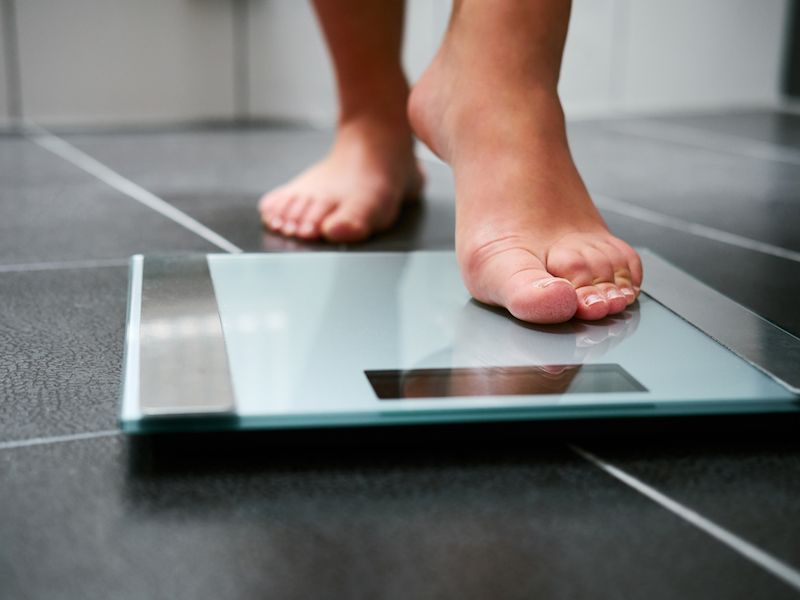
It’s well recognized, that over longer periods of time, overeating will be unhealthy to your health. There are quite a few health conditions related to obesity. You can add hearing loss to diabetes, high cholesterol, and heart disease as a potential issue. It’s calculated that around 48 million people in the United States, hearing loss is an obstacle for around 20% of the U.S population, and in adults it’s almost twice that number, 93 million, are obese. Throughout the country, these surprising statistics point to a serious health problem.
What is The Link Between Hearing Loss And Obesity?
Several studies have revealed that there’s a relationship between obesity and loss of hearing. Precisely what that relationship is, is still being researched, it’s assumed that obesity is connected to hearing loss because of its effect on our circulatory system. Also, loss of hearing is related to high blood pressure and diabetes which are recognized to be connected to obesity.
The inner ears are filled with little hairs that perceive sound in the ear. These tiny hairs, called stereocilia, have to have a steady flow of blood and oxygen to work correctly. Obesity confines the blood flow throughout the body since the heart must work extra hard to get the blood flowing around the body, which means that there is not enough blood flow supplied to your ear. This could irreversibly damage the ears. Because each of these conditions effect the flow of blood, high blood pressure, heart disease, and diabetes affect the inner ear in the same way.
Keeping your weight under control is especially worthwhile as you get older since age-related hearing loss and high-fat mass index are also related. In the past, your body’s metabolism worked faster and more efficiently, which is why you should attempt to create good habits when you’re younger and stick to those habits as you get older.
Your hearing and your overall health are benefited by good nutrition.
Obesity Related Loss of Hearing Treatment Options
If your hearing loss is caused by obesity, you might never be able to get it back, nonetheless, it’s always best to have your hearing tested to identify the degree of your loss of hearing. If the injury is irreversible, you might need a hearing aid or other device to begin hearing correctly again.
If the injury is not that serious, you might have considered trying to consult your doctor before your health gets worse, about making an exercise and diet plan to lessen the impact your weight has on your health. Your doctor should set up a cardio intensive exercise routine that will get your blood pumping and strengthen your general health. There will be, more than likely, other improvements in your life as well, such as mental health, since day to day exercise has been shown to reduce depression.
Obesity-Related Hearing Loss, How to Stop it
diabetes, heart disease, and high blood pressure staying healthy can also assist in keeping your ears in superior shape. A strategy that can assist you to reach your goals and that is individualized for you can be developed by a nutritionist. The job of the nutritionist is to make certain you’re eating nutritious foods with the right blend of nutrients, including foods that have plenty of iron, because of course, a lack of iron in your diet can aggravate your loss of hearing and trigger tinnitus.
Find out more concerning hearing loss and the solutions available to let you hear better.

